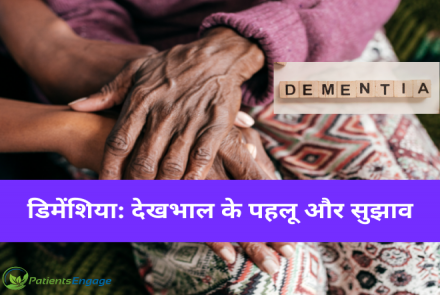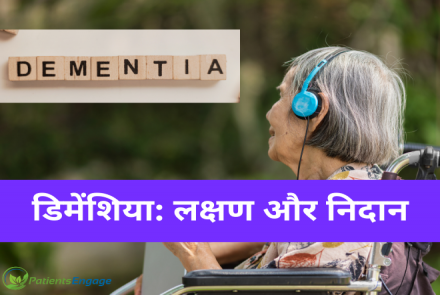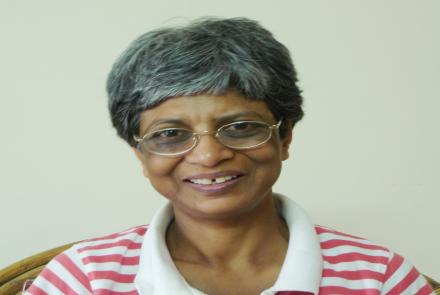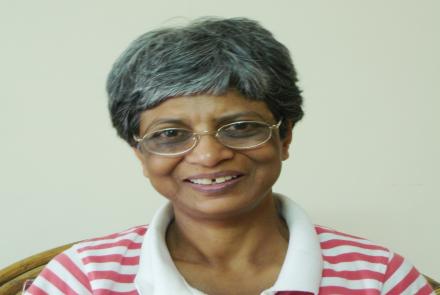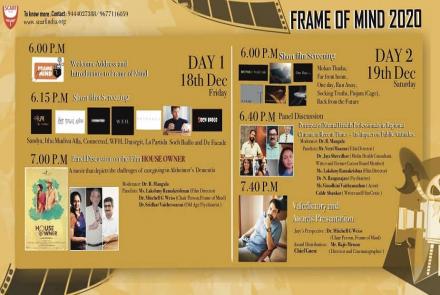
Families often find themselves at wit’s end looking after a loved one with dementia. Porrselvi A.P., a cognitive and psychosocial interventions specialist, offers a case study that shows that caregiving challenges can be overcome with the right strategies.
We received a call from a very disturbed Mr. K, who was trying to find a dementia care home for his aged father, Mr. S., aged 73.
Mr. K was distressed because he had never thought there would come a day when he would have to seek assistance to take care of his father who was diagnosed with Alzheimer’s Dementia about eight years ago. While we could not help Mr. K find a suitable care home for his father, we asked Mr. K and his family to come to our centre, so we could help them better manage the disease and his father’s requirements.
The main caregivers for Mr. S were his wife (Mrs S) and daughter-in-law (Mrs K).
Mr and Mrs S lived in the same apartment complex as their son, Mr K. Mr. S used to work in an engineering and electrical solutions company. About 10 years ago, Mrs. S started noticing memory lapses in her husband, and when this started affecting his every day life about 8 years ago, they consulted a neurologist. The diagnosis was Alzheimer’s Dementia (AD). He was then 65 years old.
Mr. S was an active man who tried to take the disease in his stride and lived a semi-independent life till about 3 years ago when he could not manage his finances any more and started getting lost in familiar surroundings. He could no longer go for the walks he loved.
Caregiving challenges and solutions
Over the course of six weeks, we met the family multiple times and discussed the challenges they faced and possible solutions.
For the first visit, Mr. K came with his parents and we spoke about the disease and its course of progression and how they have been dealing with it. Details about the typical day in Mr. S’s life were discussed but the main component of this first visit was the cognitive assessment that was done to identify the cognitive domains affected and the relative strengths and weaknesses of Mr. S’s current capabilities. His emotional status was assessed and he was also screened for behavioural dysfunction.
During the following visits, we helped the family understand the condition, its symptoms and how it progresses typically. We explained how coping with this disease while taking care of each other and not straining their relationships would require everyone to work as a team.
With that in mind, a daily routine was planned for Mr. S with a list of probable things that could go wrong and what the family member in charge would do when this happened. Gadgets and adaptive devices available in the market as well as adaptations that could be made to everyday objects to make life easier were also discussed.
This plan was tailor-made for Mr S taking into account his current cognitive status, level of insight, emotional and behavioural problems, living conditions and family structure. Here are some examples of the challenges and solutions:
Wandering
Our solution: Necessary modifications made to their house, including railings, an automatic lock on the door, which could be opened only with a key that was kept in a place that Mr.S did not know.
Sundowning (agitation in the evening)
Our solution: Mr K’s grandchidren worked on music and small engineering projects with their grandfather during their free time. They made sure he did not hurt himself and assisted him in tasks he could no longer do. They were surprised as to how much of engineering concepts remained in their grandfather. This minimised sundowning and agitation. Mr. S could ‘recognise’ his grandchildren, maybe not as grandchildren but definitely as friends whom he loved spending his time with.
Incontinence, difficulty with grooming and hygiene
Our solution: This still required a lot of effort to be dealt with but adult diapers, rubber sheets, chair-like commodes that could be placed on the regular toilets along with home-made easy-to-use tooth brush, easy-to-use comb and easy-to-wear clothes made the job a little easier.
Screaming in the night
Our solution: The TV was removed from his room by stating white lies and this solved their problem of him watching TV all night and sleeping all day. Night-time screaming reduced with the help of medications prescribed by the neurologist but Mr. S insisted on lights being switched on through the night in his room. Only when the maid was sure he was asleep the lights were switched off. Curtains were put on all windows and mirrors were removed from the room.
Caregiver stress
Our solution: We counselled Mrs S and Mrs K and taught them stress management techniques. By this visit, the family had already started implementing the problem solving strategies discussed in previous sessions and so caregiver stress was only mildly present. Mr. K’s children were also more actively involved in the caregiving process as they knew what they could do and this made Mrs. S happy as she felt connected to her grandchildren. They also employed two home care maids, one for the day and another for the night, and this lightened the load on Mrs S and Mrs K.
Conclusion
This family learnt to successfully problem-solve and deal with advanced stage dementia. It was a process that needed time, patience and a lot of commitment by the family. There is no quick-fix. While we had anticipated some difficulties and offered solutions, there were other issues that came up, hence it is important for the family to develop a problem-solving attitude to the situation.
Also, each patient is as different as each family, and so symptoms may vary as will the problem-solving approaches. But, if the situation is properly analysed and pragmatically understood with the help of scientific knowledge, I believe any caregiving concern can be managed better, thereby, reducing caregiver burden and helping the families deal with the emotional and physical challenges that come with the condition.


